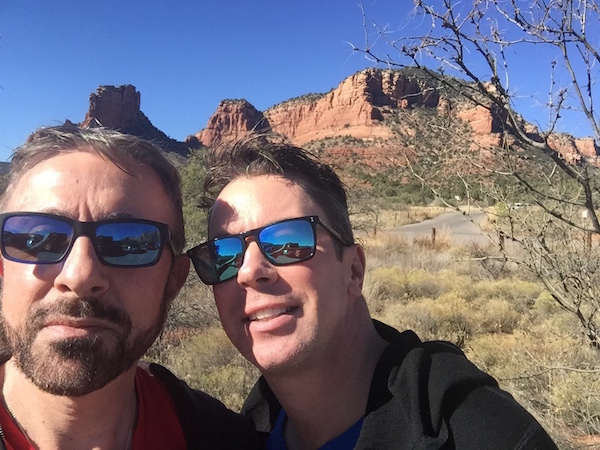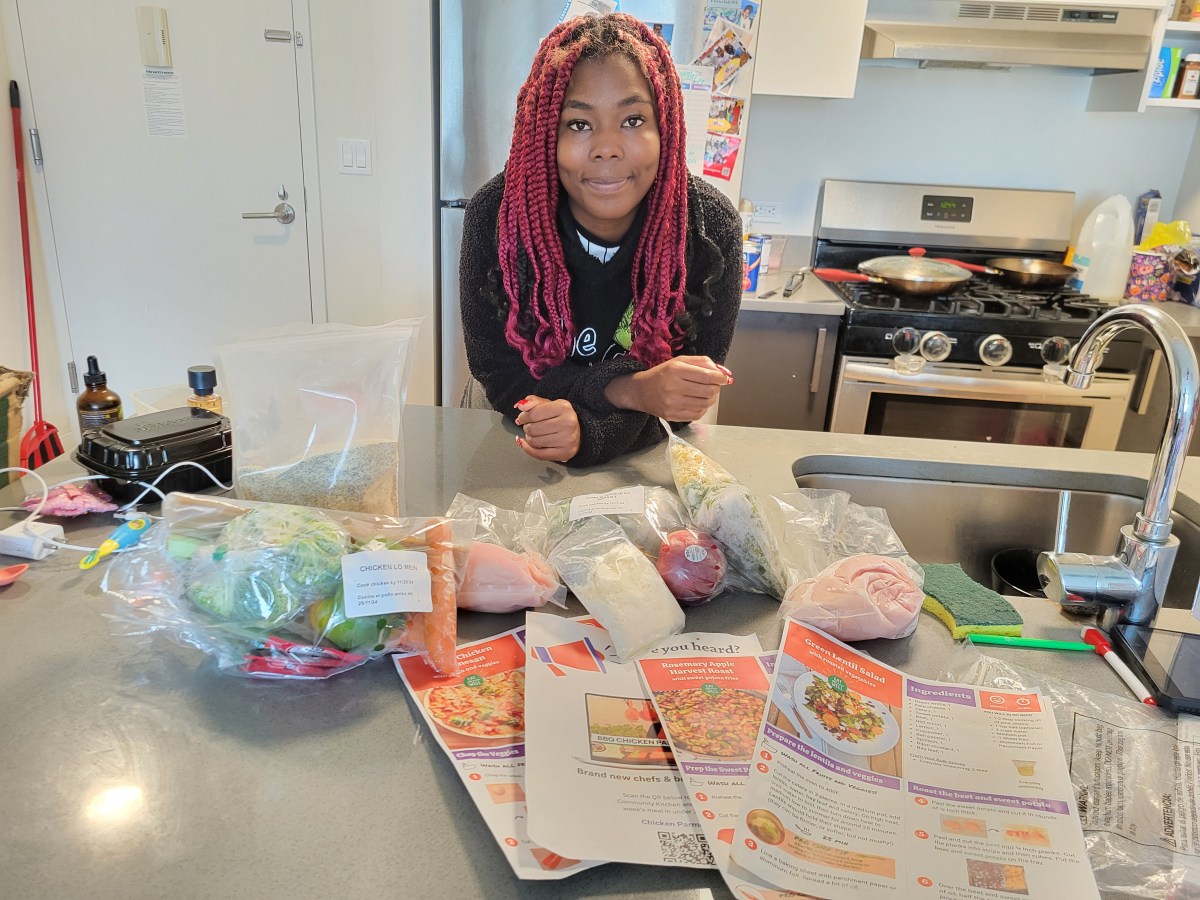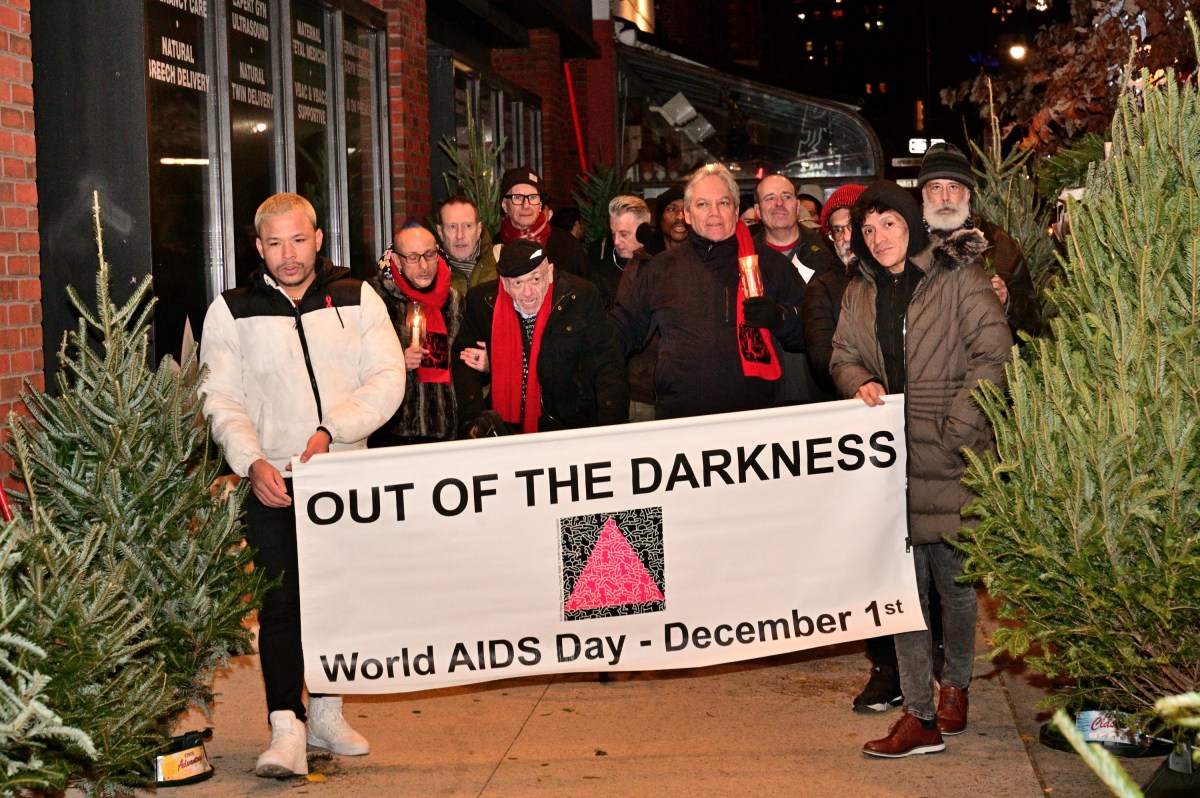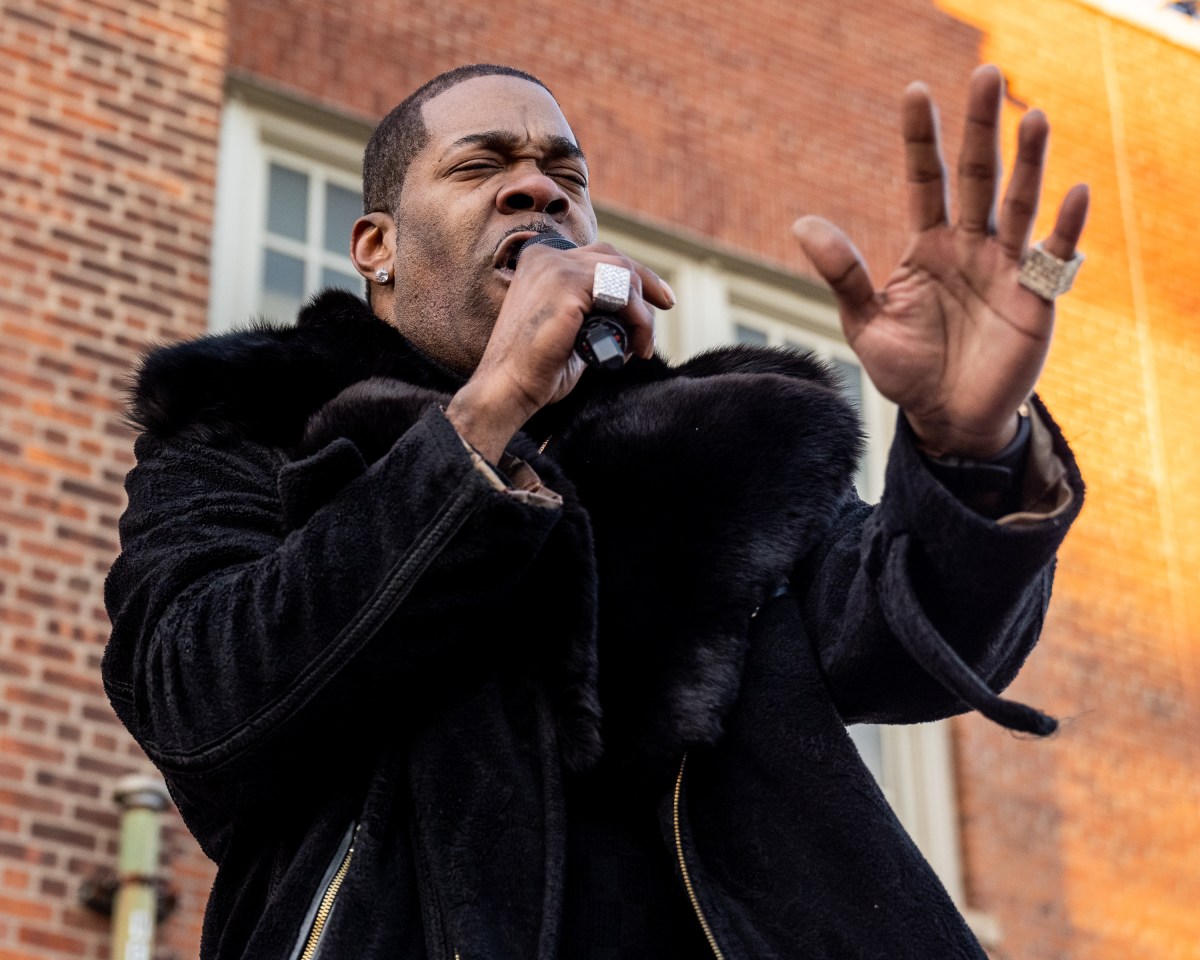
BY PERRY N. HALKITIS, PhD, MS, MPH & ROBERT M. HALKITIS | We rarely find intersecting paths in our careers. So after nearly a decade years of marriage, it was surprising and exciting to discover that the projects we were each enacting were so complementary — Perry, a book exploring the coming out experiences of gay men across generations (“Out in Time”), and Bobby, an examination of LGBTQ history as part of social studies education in schools. What binds these projects is an underlying belief that LGBTQ history must be taught, and viewed, as integral to the narrative of American history.
The last several years have witnessed a series of works (including David France’s “How to Survive a Plague” and Cleve Jones’ “When We Rise”) that have served to record and preserve our past while looking to the future. While the LGBTQ population is becoming increasingly visible in the media and LGBTQ rights, especially marriage equality, are part of current political discussion, LGBTQ history is almost entirely absent from classroom. As Michigan State University Professor Margaret Crocco notes, there is a missing discourse regarding sexuality in social studies curricula, directed in part by the homophobia of American society. These anti-LGBTQ attitudes have been fueled recently by the narrow-mindedness of those in our federal administration (particularly Vice President Mike Pence) who have used religious freedom as tool for spreading their ignorance and hate, and attempting to deny our rights.
Our schools have not set aside a month to celebrate the accomplishments of the LGBTQ population like they do other groups such as African Americans and women (of course, separating celebrations into months is not the same as truly integrating the histories of all people into the curriculum throughout the year; but at least it’s a step in the right direction.) Students in our schools are not exposed to the accomplishments of prominent LGBTQ heroes like Marsha P. Johnson, Alan Turing, Laurel Hester and Stacie Andree, Harvey Milk, or Larry Kramer, let alone lesser known heroes such as Robert Massa (who documented the AIDS crisis in excruciating detail until his death in 1994 at the age of 36), all of those heroes at the Pulse nightclub, or any of the 23 amazing men interviewed for “Out in Time.”
Gender and gender identity, along with religion, race, ethnicity, culture, social class, language, ability, and sexual orientation, are all integral dimensions of culture. If social studies function as a means to enhance critical thinking and decision-making skills, how can schools act as though LGBTQ people, who undeniably exist amongst us, in our schools, family and communities, do not have any history? As per educator James Banks, schoolteachers must meet the challenges of multicultural citizenship and the diversity of American society; LGBTQ people are an integral part of that citizenry. Unfortunately, discussions of diversity, even in the corridors of highly respected higher education institutions, often diminish or cast aside outright the lives of LGBTQ people while we, as individuals and as a population, continue to be marginalized, harassed, victimized, tortured, and too often killed throughout the world including but not limited to nations such Abu Dhabi, Chechnya, and our own United States.
We must take a stand and demand our representation in the curricula of our nation’s schools. In 2016 the passage of the Fair, Accurate, Inclusive and Respectful (FAIR; faireducationact.com) Education Act set us on this path, when California became the first state to require the inclusion of LGBTQ history in the curricula of schools. Can you imagine how much richer all of our lives would have been had we been exposed to this education in our youth? Instead, so many of us hid our identities and same sex desires in fear of retaliation, being made to feel lesser, and fueling the loneliness that plagues us throughout our lives.
It does not have to be this way for future generations. We must take a stand with institutions of higher learning that continue to do business with counties and governments that disrespect and ostracize LGBTQ people.
The issue of dignity should direct our efforts.
The judicial advances of the last several years, including the passage of marriage equality, have been rooted in the concepts of dignity. Even though the word dignity is not mentioned in the US Constitution, the word has been referenced in multiple constitutional cases interpreting the First, Fourth, Fifth, Eighth, Ninth, and 14th Amendments. Legal and political discussions use the concept of dignity to express the idea that a being has the right to be valued, respected, and to receive ethical treatment. It is for this reason that our lives must be represented in the mainstream of American culture and American education.
It’s all about our dignity!
Efforts to enhance respect for our lives and how we love will have immediate implications for the LGBTQ population. We will, first and foremost, be part of the ongoing discussion of America and what it means to be Americans — not just an afterthought. That, in and of itself, will elevate our place in society and assure we have a seat at the table when important discussions are being held. It will also become clear that the challenges that we face are American issues, not simply gay issues.
Moreover, the integration of our history into the American story ultimately will bestow many benefits on the health of sexual minority individuals and populations. The research is clear. Psychosocial burdens created by social conditions, including the bigotry and hate we face on a daily basis and the enactment of discriminatory laws and policies, do nothing but undermine our health and well being. This includes aggression, peer victimization and bullying in schools that diminishes the mental health of LGBTQ youth.
By enacting our history as American history in the social studies curricula, we will not only educate the future generations of our many accomplishments, but we will also help to foster and empathy and respect for LGBTQ people. Thus, education in schools will pave the way for the eradication of state-sanctioned discrimination and protections from bigotry, which in turn are essential steps in improving our health. In a society where social conditions celebrate lives instead of degrading them, the individual and collective health of LGBTQ people will certainly be improved.
So how do we get there? We have to tell and document our stories. Oral histories drawn from the LGBTQ population provide an eye to the past and a roadmap for the future — the basis for grassroots organizations such as The Generations Project (thegenerationsproject.info). We also need to educate our population, beginning with our children in our schools. The hope then rests with the future — a future in which the stories of our lives and our past struggles are a seamless component of the American story we all share. And as we become part of the American fabric, we eradicate feelings of marginalization and loneliness that so often plague our lives and impact our well-being.
Perry N. Halkitis, PhD, MS, MPH, author of “The AIDS Generation,” is the Incoming Dean of the School of Public Health and Professor of Biostatistics and Health Education/Behavioral Science at Rutgers University. He is also the founder of the Center for Health, Identity Behavior & Prevention Studies (CHIBPS) Follow him @DrPNHalkitis. Robert M. Halkitis is a teacher in the New York City Department of Education.

































